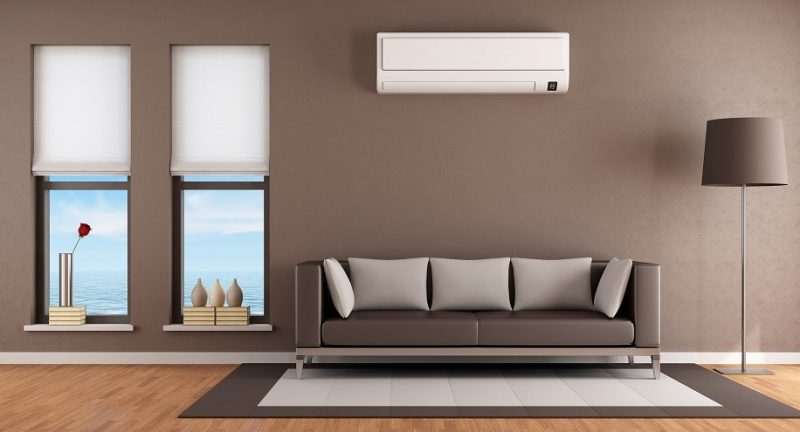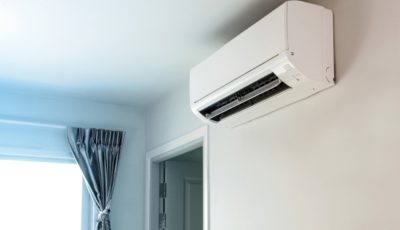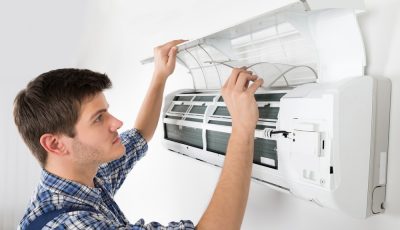5 Things That Affect Your Air Conditioning System’s Efficiency
Are you dreading the seemingly inevitable spike in your energy bills this summer? Everyone knows you can give your HVAC system a break by using a fan or opening a window, but sometimes these secondary cooling measures just do not cut it. If you anticipate needing to run your air conditioner a lot this season, you should find ways to keep it running at its best. Here are a few things that might be keeping your air conditioner from operating as efficiently as possible.
1. Improper Installation
Inefficient performance due to poor installation is usually linked to one of two factors: sizing or location. If your unit is the wrong size relative to your house, it will not be able to cool your home efficiently. If it was installed in an inefficient location or must work with badly fitted or leaking ducts, it will waste a lot of energy just trying to make up for these issues. Call an HVAC company to help you determine how you can reverse any damage that is being caused by improper installation.
2. Lack of Maintenance
One way to make sure you stay cool this summer is to give your unit a seasonal tune-up. Getting the filters replaced and having the coils cleaned will go a long way towards keeping your machine running well overall. These simple measures can also prevent you from having to deal with major breakdowns during the hottest days of the season.
3. Age of Unit
Are you still working with the air conditioning unit that was installed when your home was built? If this is the case, and your home is more than ten years old, it is high time to reevaluate your system. You could slash your energy usage by up to 50 percent by replacing a 40-year old unit. Even if you got a new air conditioning system within the past decade, you should strongly consider purchasing a unit that meets the stellar energy standards that were instituted in early 2015.

4. Broken Thermostat Sensor
Your air conditioning unit uses a thermostat to sense when it needs to adjust the temperature. If this sensor is broken or displaced, it will not be able to perform its task and the unit will not cool properly. If your unit displays an irregular or nonstop cooling pattern, the sensor may be to blame. To avoid paying the price of a broken sensor, have your unit evaluated by a professional.
5. House Factors
Even a brand-new, perfectly installed unit cannot be at its best in a leaky home. Older houses are especially susceptible to losing air through doors, windows, and cracks. Set aside a few hours to carefully go over your home’s walls, ceiling, floors, windows, and doors, caulking any cracks or holes that you find. You might even consider investing in replacing your doors and windows with energy-efficient ones to save more money over time.
A Little Work Does a Lot of Good
HVAC systems are complex, and the problems listed above are just a few of the factors that can prevent them from achieving maximum performance. With so many different ways to improve their efficiency, it would be crazy not to give at least one of them a try. You do not have to watch summer approach with dismay—instead, make a few changes to your air conditioning system so you can enjoy the heat, and then step inside to a perfectly cooled home.









